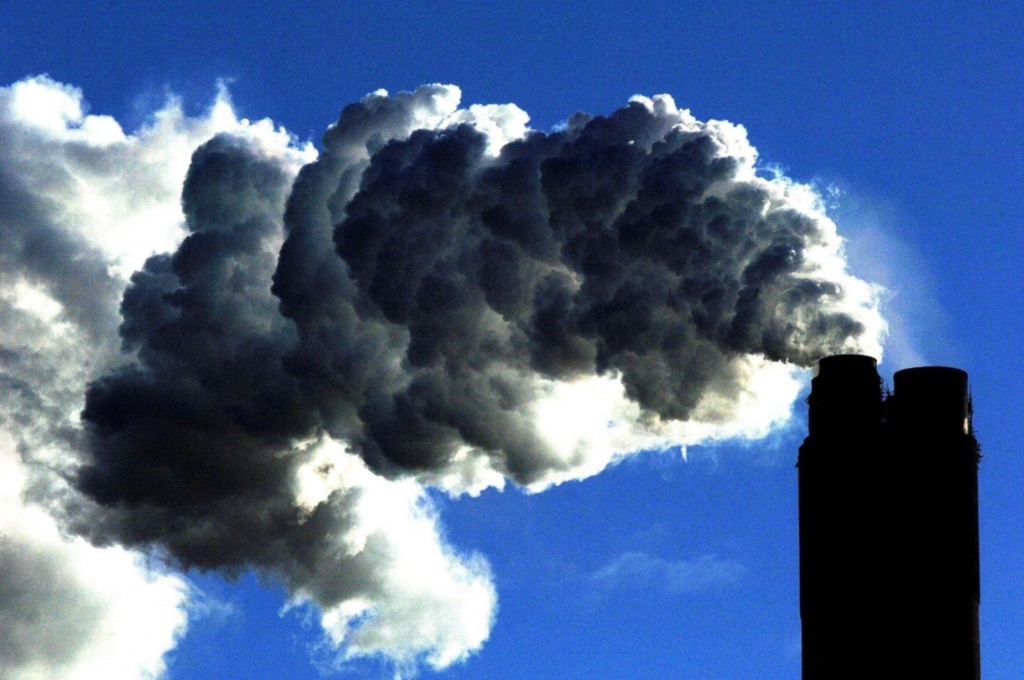
The European Union’s executive has unveiled a vast plan to boost co-ordination between the EU’s 28 national energy markets to wean Europe off unstable Russian gas supplies and provide cheaper energy for consumers.
European Commission vice president Maros Sefcovic today called it “undoubtedly the most ambitious energy project” since the inception of the EU over half a century ago.
He believes that improving links across borders in Europe’s energy grid could save businesses and consumers up to 40 billion euro ((£29.3 billion) a year.
A more energy-independent Europe will also increase the EU’s political options in eastern Europe.
Europe imports 40% of its natural gas from Russia, half via pipelines through conflict-torn Ukraine, and it could to take years of investment to reduce that dependency.
Ukraine and Russian energy monopoly Gazprom have been embroiled in numerous gas price wars, which have hit supplies in Europe over the past years.
“Our dependence on external energy resources has affected our ability to conduct an independent foreign policy,” warned the leader of the European Parliament’s liberal ALDE group, Guy Verhofstadt.
He said that an ambitious energy project will create jobs, tackle climate change and hit Russian president Vladimir Putin “where it hurts most”.
Mr Sefcovic said the EU would work closely with neighbours like Algeria, Turkey and Norway to help diversify sources of supply.
Environmental groups were quick to criticise the plan, saying it focuses too much on Russia and fossil fuels rather than renewable energy sources.
“We keep hearing repetitions of gas, gas, gas,” said Brook Riley, from Friends of the Earth Europe.
“The EU risks throwing hundreds of billions of euro into pipelines that it will have to decommission almost as soon as they come online because they contribute to climate change.”
The proposals will form the basis for future legislation. As a first step, EU environment ministers will debate them on March 6.
Recommended for you
